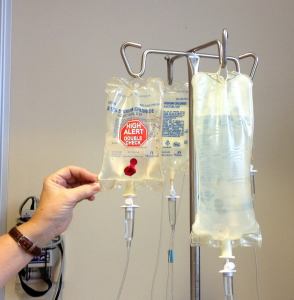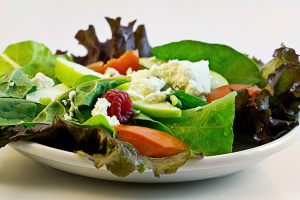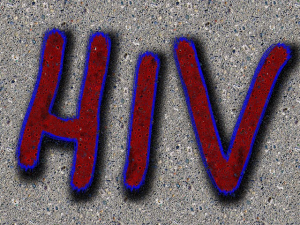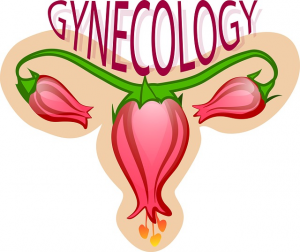
We want, all of us, to stay as young and healthy as possible as late in life as possible. Ageing is inevitable. How can we delay the onset of ageing’s bio-chemical and physiological consequences?
- Physical exercise?
- Caloric restriction?
- Ingestion of micronutrients?
Selenium Status and the Health of Senior Citizens
The authors of a 2019 review article have found that, overall, there is an inverse correlation between age and blood selenium levels. Higher age is associated with lower blood selenium concentrations [Robberecht 2019].
Inadequate dietary intakes of selenium and poor selenium status (< 85 micrograms per liter in blood) may increase the risk of following harmful health outcomes [Robberecht]:
- oxidative stress (= imbalance of harmful free radicals and protective antioxidants)
- destruction of nerve cells (neurons)
- dementia
Selenium Status and Biological and Social Factors
A variety of factors must be taken into consideration when we investigate the relationship between ageing and selenium intake and status. There are, first of all, considerable regional variations in the availability of selenium in the soil and in foodstuffs [Stoffaneller & Morse].









